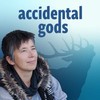
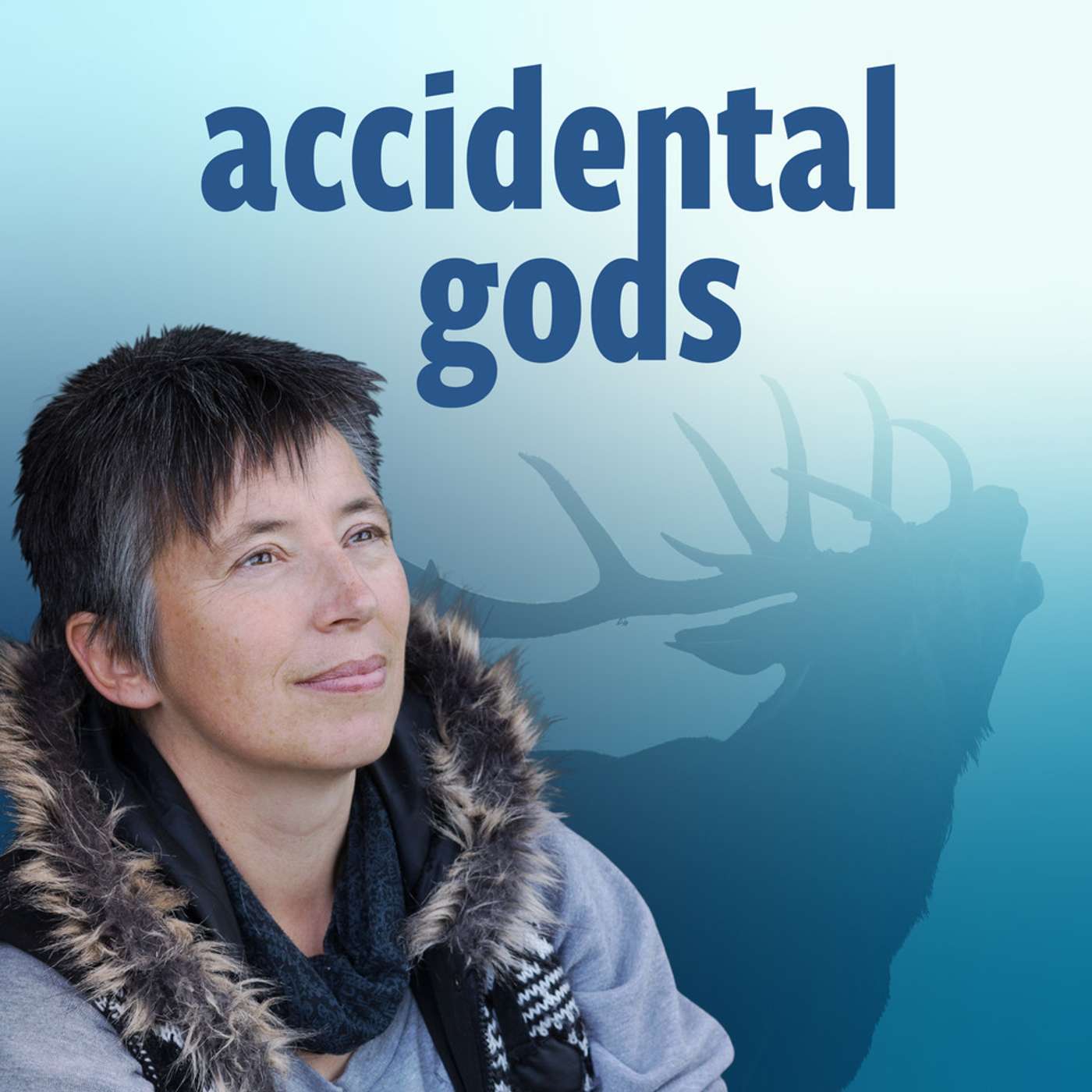
Accidental Gods
Accidental Gods
Another World is still Possible. The old system was never fit for purpose and now it has gone- and it's never coming back.
We have the power of gods to destroy our home. But we also have the chance to become something we cannot yet imagine,
and by doing so, lay the foundations for a future we would be proud to leave to the generations yet unborn.
What happens if we commit to a world based on generative values: compassion, courage, integrity?
What happens if we let go of the race for meaningless money and commit instead to the things that matter: clean air, clean water, clean soil - and clean, clear, courageous connections between all parts of ourselves (so we have to do the inner work of healing individually and collectively), between ourselves and each other (so we have to do the outer work of relearning how to build generative communities) and between ourselves and the Web of Life (so we have to reclaim our birthright as conscious nodes in the web of life)?
We can do this - and every week on Accidental Gods we speak with the people who are living this world into being. We have all the answers, we just (so far) lack the visions and collective will to weave them into a future that works. We can make this happen. We will. Join us.
Accidental Gods is a podcast and membership program devoted to exploring the ways we can create a future that we would be proud to leave to the generations yet to come.
If we're going to emerge into a just, equitable - and above all regenerative - future, we need to get to know the people who are already living, working, thinking and believing at the leading edge of inter-becoming transformation.
Accidental Gods exists to bring these voices to the world so that we can work together to lay the foundations of a world we'd be proud to leave to the generations that come after us.
We have the choice now - we can choose to transform…or we can face the chaos of a failing system.
Our Choice. Our Chance. Our Future.
Find the membership and the podcast pages here: https://accidentalgods.life
Find Manda's Thrutopian novel, Any Human Power here: https://mandascott.co.uk
Find Manda on BlueSky @mandascott.bsky.social
On LinkedIn https://www.linkedin.com/in/mandascottauthor/
On FaceBook https://www.facebook.com/MandaScottAuthor
We have the power of gods to destroy our home. But we also have the chance to become something we cannot yet imagine,
and by doing so, lay the foundations for a future we would be proud to leave to the generations yet unborn.
What happens if we commit to a world based on generative values: compassion, courage, integrity?
What happens if we let go of the race for meaningless money and commit instead to the things that matter: clean air, clean water, clean soil - and clean, clear, courageous connections between all parts of ourselves (so we have to do the inner work of healing individually and collectively), between ourselves and each other (so we have to do the outer work of relearning how to build generative communities) and between ourselves and the Web of Life (so we have to reclaim our birthright as conscious nodes in the web of life)?
We can do this - and every week on Accidental Gods we speak with the people who are living this world into being. We have all the answers, we just (so far) lack the visions and collective will to weave them into a future that works. We can make this happen. We will. Join us.
Accidental Gods is a podcast and membership program devoted to exploring the ways we can create a future that we would be proud to leave to the generations yet to come.
If we're going to emerge into a just, equitable - and above all regenerative - future, we need to get to know the people who are already living, working, thinking and believing at the leading edge of inter-becoming transformation.
Accidental Gods exists to bring these voices to the world so that we can work together to lay the foundations of a world we'd be proud to leave to the generations that come after us.
We have the choice now - we can choose to transform…or we can face the chaos of a failing system.
Our Choice. Our Chance. Our Future.
Find the membership and the podcast pages here: https://accidentalgods.life
Find Manda's Thrutopian novel, Any Human Power here: https://mandascott.co.uk
Find Manda on BlueSky @mandascott.bsky.social
On LinkedIn https://www.linkedin.com/in/mandascottauthor/
On FaceBook https://www.facebook.com/MandaScottAuthor
Episodes
Mentioned books
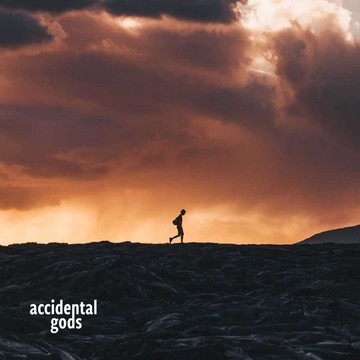
Jul 27, 2022 • 1h 11min
Of Course We Can! Lifting the lid on possibility with James Brown, mulit-Paralympian Gold Medalist and Climate Activist
James Brown is an athlete, inventor, social entrepreneur, multi-Paralympian gold medal winner - and climate activist. There was a time when James was known most for his astonishing achievements across many sports. Between 1980 and 2015, he took part in no less than five Paralympic Games (winter and summer) as well as eighteen World Championship events.His range of disciplines was extraordinary: they included track running, cross-country skiing, triathlon, swimming, road/track cycling and guide-running. He has several Paralympic Gold medals, was holder of the 800m World Record for eight years and has three other World Firsts to his name, including being the first registered blind person to compete in a World Track Masters cycling event at the velodrome in Manchester. In 2018, everything changed for James when his daughter - then at university - broke down in front of him in a cafe in Exeter and explained all she had been reading about the climate and ecological emergency. James wept with her, but she offered hope in the shape of the newly formed Extinction Rebellion, and the possibility that non-violent direct action might help foment change. James committed to being at her side in whatever actions she took and within weeks, they were walking arm in arm to the blocking of the five bridges that were the first London Extinction Rebellion action. Since then, James has been arrested 13 times for his non-violent actions (once for spraying chalk paint on the road outside DEFRA in Bristol where it was raining so hard the chalk was washing off as they sprayed it one and was gone long before the arrest process was complete). Most recently, he spent two and a half months in Wandsworth prison for the action that propelled him to climate-activist super-stardom - when he climbed onto a plane at City Airport and superglued himself to the top. The Facebook Live video that he recorded at the time has gone viral and James received thousands of letters and emails while he was in prison, from people who felt desperate about the climate emergency and wanted to know how to find the same courage. So this is what we explore in today's episode - courage and agency and activism in an age of total transformation. What can we do, and how can we find the courage to take the action we know the world needs? James Brown Website: https://jamesbrownparalympian.co.uk
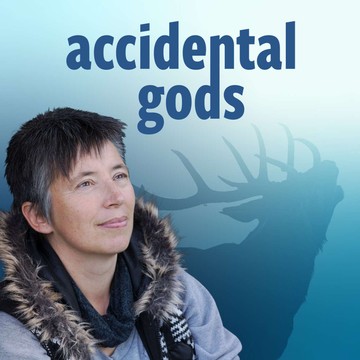
Jul 20, 2022 • 1h 6min
Bridging the Gap: finding truth, reconciliation and climate justice with Saurav Roy
With a track record of founding startups at a young age, and executing entrepreneurial roles in global non-profits, Saurav Roy was selected as one of the youngest Global Shapers by the World Economic Forum at Bangalore in 2017. Since then, he has studied for a Masters in Regenerative Economics at Schumacher Collage, and is now working for the Carbon Tracker Initiative, a London-based, independent financial think tank that strives to influence the nature of global finance, away from stranded fossil fuel assets. It has cemented the terms 'Carbon bubble', 'stranded assets' and 'unburnable carbon' into the financial lexicon. Saurav's Master's thesis focused on the 'just transition' elements of the Green New Deal with the realisation that 'everything would change and everything would stay the same' in terms of the balance between the global north's endless consumption at the expense of human dignity, ecosystem annihilation and cultural balance in the global south. He examined the lack of supply chain justice in the existing concepts, evolved radical, inspiring ideas of how a global token system might fund non-debt-based climate reparations, and created the idea of a 'Carbon Truth and Reconciliation Commission' - because not all climate devastation can be healed simply by throwing money at it. In this inspiring, thought-provoking episode, we explore these ideas in depth, evolving ideas and questions for COP27 and learn Saurav's three core concepts for healing our times. Saurav on LinkedInCarbon Tracker InitiativeSDRsBarbados PM Mia Motley: articleJayati Ghosh
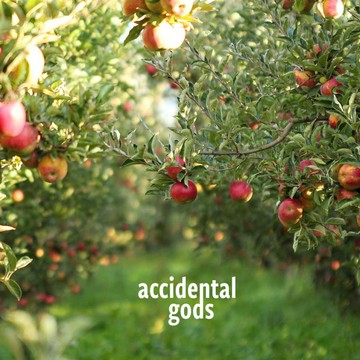
Jul 13, 2022 • 1h 10min
Trees, Trees, Trees! How we can grow food around, within and on them - with Ben Raskin
Ben is head of Horticulture and Forestry at the Soil Association. Author or co-author of eight books including Zero Waste Gargenind, The Woodchip Handbook and The AgroForestry Handbook, Ben holds specialist knowledge and experience that includes Community Supported Agriculture, woodchip, and starting up new horticultural businesses.All told, he has been working in horticulture for more than 25 years and has been with the Soil Association since 2006.During that time he has chaired the DEFRA Edibles Horticulture Roundtable, sat on the boards of the Organic Growers Alliance and Community Supported Agriculture Network UK, and on the committee of the Farm Woodland Forum.His own experience includes running a walled garden in Sussex supplying a Michelin starred restaurant, working for Garden Organic at their gardens in Kent and running the 10-acre horticultural production at Daylesford Organic Farm, before moving to the Welsh College of Horticulture as commercial manager.More recently he is project managing an agroforestry planting at Helen Browning’s farm in Wiltshire and has acted as Horticultural Advisor and Board Member for the Community Farm near Bristol.This conversation follows on from the one on Regenerative Farming with Caroline Grindod, as part of our ongoing exploration of how we can transform our food and farming systems, heading for the complete paradigm shift that we need to an entirely new system and a new way of being in the world, while allowing farmers, growers and ordinary people to continue to flourish in the existing system. Ben is at the heart of an agro-forestry revolution in the UK and abroad, experimenting and gathering data and experience in the planting of trees as we move deeper into a changing climate. We talk about the practical implications of working with trees that, by their nature, require long term thinking and planning. We learn of the mistakes that have been made, and the accidental discoveries of things that work. We explore the changing face of farming, and how agro-forestry, sylvo-pasture and other ways of farming with trees can transform modern agriculture from being part of the problem, to being part of the solution. Ben's WebsiteBen at the Soil Association Ben at the Sustainable Food TrustBen at LinkedInBen's BooksThe Woodchip HandbookPlant a Tree and Save the WorldZero Waste GardeningBooks mentioned by Ben The Reindeer ChroniclesBarn ClubEvents and Organisations: The Farm Woodland Forum
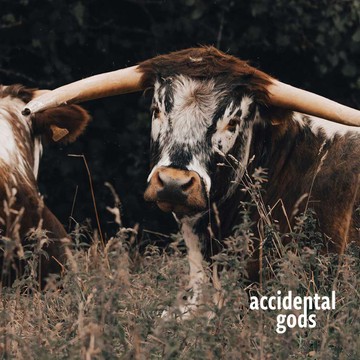
Jul 6, 2022 • 1h 9min
Weaving with the Land: The future of regenerative farming with Caroline Grindrod
Caroline Grindrod is a consultant and coach in regenerative systems and leadership. Along with background in environmental conservation and upland land management, holistic management and experience in designing sustainable and regenerative food businesses, Caroline has a lifelong passion for personal development, wild spaces and a growing interest in regenerative leadership.She draws upon that diverse range of skills and experience to offer an ever-evolving and truly unique approach to working with ‘keystone’ people in food and farming.Our climate is changing month on month, year on year. Growing food has always been precarious, but never more so than now. Our global food system lacks resilience and people are starving in greater numbers than ever. If we believe the answer is not in yet more chemical inputs, or in growing food in vats that distance people ever more from the heart of the land, how can we foster resilient systems that enable people to heal our damaged landscapes while still growing good, nutritious, health-full food. First of two episodes exploring regenerative farming in practice. The second is with Ben Raskin in 2 weeks' time. Roots of NatureWilder CulturePrimal MeatsCaroline at LinkedInWe Are Carbon (Caroline has featured on this podcast, and recommends it)
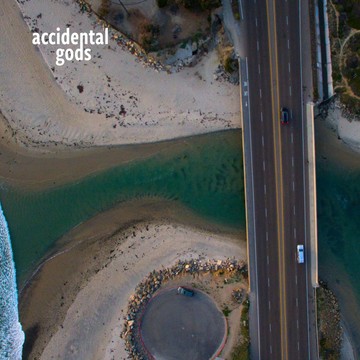
58 snips
Jun 29, 2022 • 1h 5min
Finding the adjacent possible: routes to political and social transformation with Dave Snowden of The Cynefin Company
Exploring the work of Dave Snowden and his approach to facilitating generative change in organizations and society. Discussing upbringing, activism, empathy in governance, global landscapes, redefining narratives for social transformation, language influence, data interpretation, and empowering change. Delving into political structures, societal interactions, and closing with a call to action for systemic change.
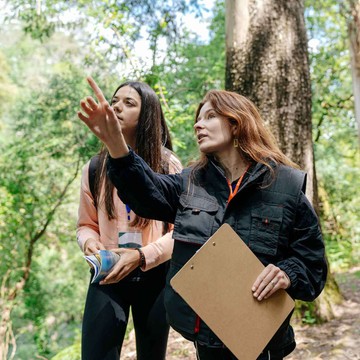
Jun 22, 2022 • 52min
Designing Education fit for the 21st Century with Prof David John Helfand
In this discussion, Professor David John Helfand, a seasoned educator and astronomer, highlights the urgent need to reshape education for a rapidly changing world. He shares insights on creating an innovative, integrated curriculum at Quest University Canada, blending science with the humanities. Helfand contrasts the engagement levels of younger students versus university learners, advocating for a shift towards curiosity-driven, project-based learning. He emphasizes dismantling academic silos to foster collaboration and creativity in education.
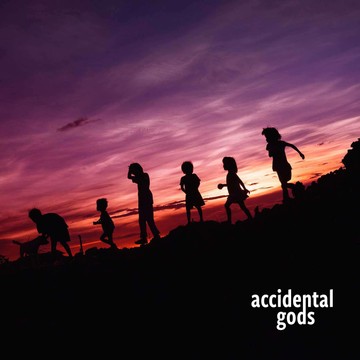
Jun 15, 2022 • 59min
How the World is making our Children Mad - and what to do about it - with Louis Weinstock
How can we create a world where our children can grow in safety - both physical and emotional? How can we find that sense of psychological safety within ourselves? How can we find the authenticity and compassion to heal our own wounds so we don't pass them on? With Louis Weinstock, child psychologist and expert in complex trauma. Louis Weinstock is a psychotherapist who works with children and the child within us all. He helps people find light in the darkness - in the things the are unseen, unheard and unspoken. For over 20 years, he has expertly guided children and adults through some of the toughest challenges life can throw at us - loss, trauma, divorce, burnout and breakdowns. And now he has a new book: How our World is Making our Children Mad - and what to do about it. He's taking 'mad' in both senses of the world - the one that means 'not fitting in with consensus reality' and the one that means 'massively angry - enough to go on strike and take to the streets'. With absolute compassion, deep wisdom and years of insight, he opens up seven roots of our trauma and the fruits of healing that each offers if we heal it. In the podcast, we explore the origins of the book, and move beyond it to the ways we can heal ourselves and the divided culture in which we live. We touch on some of the moving case studies in the book, and the ways we can extend the learning they bring to ourselves, our inner children, and the children in our lives, always striving for healing of self and planet. I am always struck by Louis' deep authenticity, his emotional intelligence and his capacity to hold balance and find wisdom in the chaos of our world. As a starter for healing, this feels huge. Louis' Website and Book: https://louisweinstock.comThe Visionaries: Rites of Passage: https://thevisionaries.org.uk/our-impact/
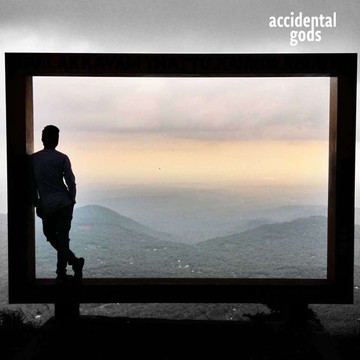
Jun 8, 2022 • 54min
Connecting with Power: How the media could reframe our world - and why they must - with Donnachadh McCarthy
How do we bring the world's media on board with the climate and ecological emergency? What would happen if they became the fourth arm of the climate movement? Donnachadh McCarthy, journalist, columnist, author and long term climate activist explains why this is the single most urgent action we can take. Donnachadh McCarthy is a professional eco-auditor, author and environmental campaigner. He is a former deputy chair of the Liberal Democrats and served on the board of the party for seven years. He is now not a member of any political party and enjoys working with people in all parties or none to address our common environmental crises. He is a former columnist with The Independent and has had articles printed in the Guardian, Times, Ecologist, Resurgence etc.He is the author of Saving the Planet Without Costing the Earth, Easy Eco-auditing, and The Prostitute State – How Britain’s Democracy has Been Bought. He is the co-founder of the successful cycling campaign group Stop Killing Cyclists. His environmental consultancy 3 Acorns Eco-audits helps deliver the Corporation of London’s City Bridge Trust eco-auditing programme for London charities. His Victorian home in Camberwell, was London’s first carbon negative home. It has solar electric and solar hot-water, a Clean Air Act compliant wood-burner, solid-wall insulation, rain-harvester and composting toilet. In this rawly honest conversation, he lays out the reasons why he believes that if we are to survive the Great Derangement, the media must become the fourth pillar of the environment movement. Along the way, we discuss his visit to the Yanomami and how it changed his life, his political experience at the rotten core of Britain's corrupt political system, and his swan-dive into a new future on the stage at Covent Garden. Join us to reframe the setting of your intent. Climate Media Coalition http://climatemediacoalition.org/ Donnachadh on Facebook: https://www.facebook.com/donnachadhBook: The Prostitute State: http://www.theprostitutestate.co.uk/buy.htmlPioneering the Possible by Scilla Elworthy
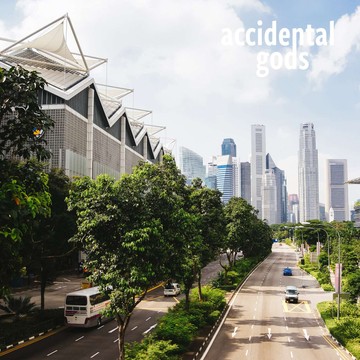
Jun 1, 2022 • 59min
Net Positive: Designing a regenerative future with Prof Janis Birkeland
How do we design our built environment to be more than just 'sustainable' (doing things slightly less badly) and instead to be genuinely regenerative where all we build and make heals people and the planet? Professor. Janis Birkeland is Honorary Professorial Fellow in the Faculty of Architecture, Building and Planning in the University of Melbourne. Janis has dedicated her personal, professional and academic life to figuring out what is genuine sustainability - how to plan for a built environment that is not just 'less bad' than the alternatives, but actually returns more to the land and the people who live in and around it thn whatever went before. Throughout her professional career, she has been drawn to figuring out how cities and buildings, despite their huge impacts, can transform society and save the planet. First, she became an architect and urban designer, transferring into city planning. Later, she became a lawyer to better understand the barriers to systems change. Now she is an academic, author of many dozens of papers and a number of books, of which the most recent is ‘Net- Positive Design and Sustainable Urban Development’. She is a clear and consistent advocate for the design of human settlements that are socially and ecologically ‘net positive’ and has just published "Net-Positive Design and Sustainable Urban Development" (Routledge) which provides methods, models and metrics to enable practitioners and students to create eco-positive environments. It also includes a free computer app to facilitate net-positive designIn this wide-ranging conversation, we explore the myriad ways we could choose to design our buildings differently - and the many practical ways we could upgrade what exists as well as creating new models for what might arise. Janis on LinkedIn: https://www.linkedin.com/in/janis-birkeland-84135120/Net Positive Design WebsiteAlgae-Tecture: https://carloratti.com/project/algaetecture/Mycelial Bricks: https://wasterush.info/mycelium-construction/https://whitneyfungifun.wordpress.com/2017/04/13/sustainability-of-mycelium-bricks/https://happho.com/an-emerging-sustainable-construction-material-mycelium-bricks/https://www.certifiedenergy.com.au/emerging-materials/emerging-materials-mycelium-brick
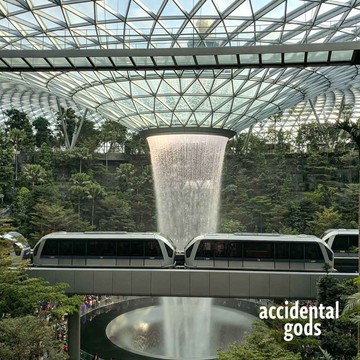
33 snips
May 25, 2022 • 47min
Imagination Activism: exploring radically better futures (and SolarPunk) with Phoebe Tickell
What are the most effective tools we can engage to create new, different, better futures? How do we translate our visions of a generative future into action now? What are our bridging tools, that exist now and take us forward to a world that would work for everyone? Phoebe Tickell is an imagination activist, renegade scientist, systems thinker and social entrepreneur. Originally trained as a biologist (she has a first class degree in Biological Natural Sciences from Cambridge University), she now works across multiple societal contexts applying a complexity and systems thinking lens and has worked in organisational design, advised government, the education sector and the food and farming sector. Until 2021 she was working in philanthropy at The National Lottery Community Fund to implement systems-thinking approaches to funding and and leading insight and learning in the £12.5 million Digital Fund.On the way through, she has co-founded a series of organisations dedicated to systems change via innovative approaches, including 225 Academy, which delivered 5-day transformative experiences for young people aged 11-18 globally; Future Farm Lab, which created systemic interventions to the food system and the Our Field Project — an experiment in a group of citizens co-owning and co-governing a field of grain in Hertfordshire.More recently, she is founder of Moral Imaginations and RenaissanceU, a member of Enspiral, part of the Don't Go Back to Normal Project, on the board of Renaissance U, and an advisor to the Consilience Project. She's a certified Warm Data Lab host and an advisor to the International Bateson Institute. She recently led 1,000 people in a Collective Imagination journey in Berlin and then 4,000 in Sweden. In all of this, she took time out to talk to Accidental Gods about the nature of the present moment, how we can find the learning tools that will bridge to the future we want to envision, and how we translate those visions of the future into values. In a wide ranging, inspiring, edge-walking conversation, she explored the balance of inner and outer worlds, tangible and intangible and how we might connect them; she talks of falling in love with Solar Punk again (her Twitter handle is @solarpunk_girl, so that feels quite huge), having read that 'Solar Punk without the end of capitalism, is just greenwasher CyberPunk'. So we explore what cyber punk is, too, and Protopian writing, and how it relates to Thrutopian writing, before we move onto the nature of existing Solar Punk communities and how they frame their underlying values. This was a genuinely sparky conversation: it felt as if we really dug deep into the nuts and bolts of change and how it could happen - come along for the ride!SolarPunk links: SOLARPUNK: Life in the future beyond the rusted chrome of yestermorrowHow We Can Build A Solarpunk Future Right Now (ft. @Andrewism) How We Can Build A Solarpunk Future (ft. @Our Changing Climate)


